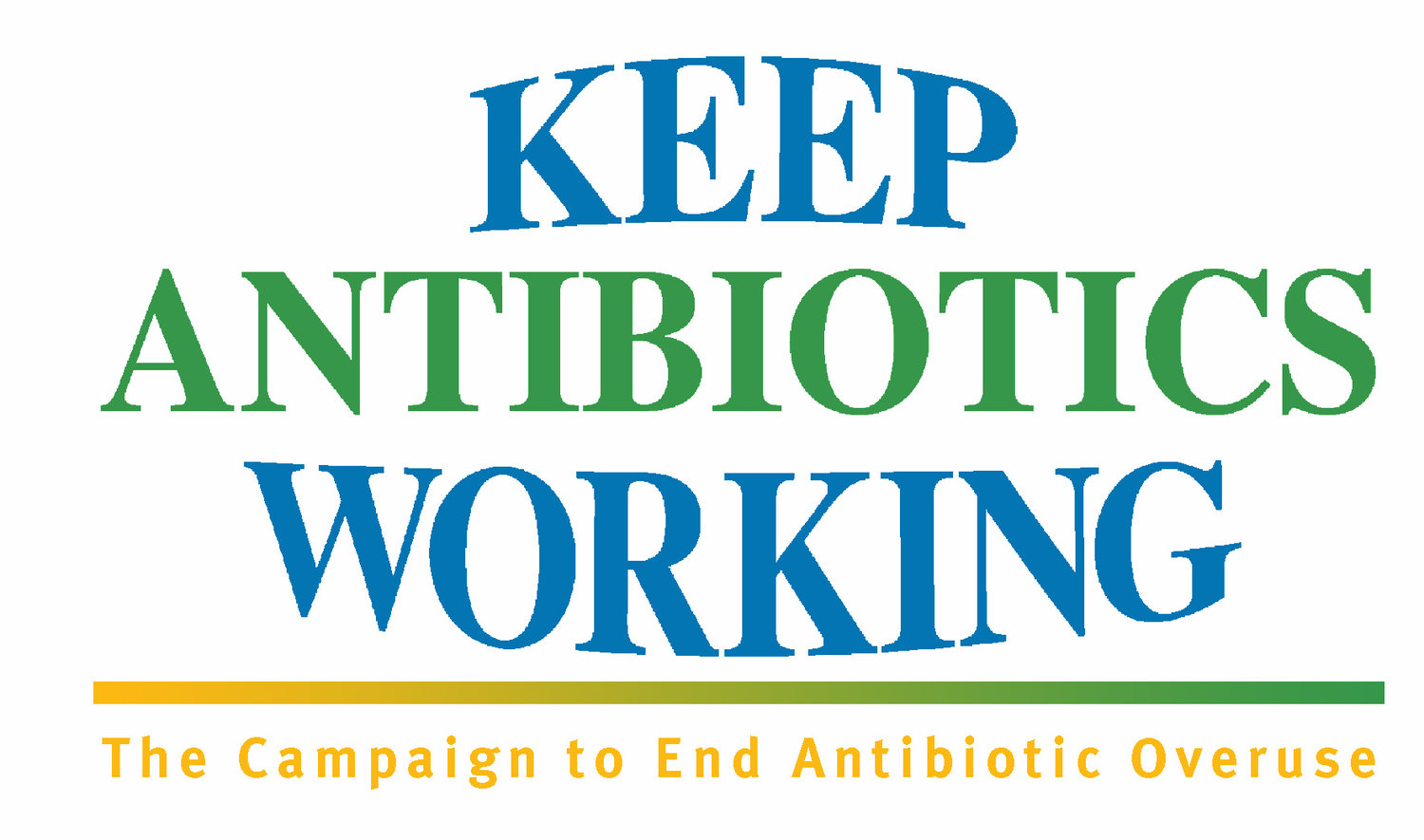Grades are in for America’s top burger chains
22 out of 25 get an “F” for a lack of meaningful policies restricting antibiotic use in their beef supply chains
Hannah Lacasse, U.S. PIRG Education Fund. Hannah and U.S. PIRG have kindly allowed us to share this blog here.
Here’s our beef with the overuse of antibiotics in the beef industry.
On October 17, U.S. PIRG Education Fund, Consumer Reports, the Natural Resources Defense Council, Food Animal Concerns Trust, Friends of the Earth, and Center for Food Safety released the fourth annual Chain Reaction report. This year, the report surveyed and graded America’s top 25 burger chains on their antibiotic use policies and practices for the beef they buy.
Chain Reaction IV: Burger Edition finds that the vast majority of America’s top 25 burger chains have no meaningful policy to curb antibiotic use in their beef supply chains. This includes the world’s most recognized burger restaurant, McDonald’s.
Antibiotics are the foundations of modern medicine. If bacteria get strong enough to withstand these drugs, we will lose our ability to treat common infections, and medical advances such as chemotherapy and surgery would be much more dangerous. The World Health Organization considers antibiotic-resistant bacteria among the top threats to global public health. Experts estimate that without swift action, drug-resistant infections are on track to kill more people each year by 2050 than cancer kills today.
We’re calling on burger chains to do more than deliver burgers, an American staple, to their customers. As some of the nation’s biggest beef purchasers, burger chains are in a unique position to take a big bite out of antibiotic overuse in the meat industry.
The growing chains Shake Shack and BurgerFi stand apart from the herd, receiving A’s for comprehensive antibiotic policies. Wendy’s was the only other burger restaurant to get a passing grade; it was recognized for taking a positive, albeit meager, step toward antibiotic stewardship in sourcing its beef. Overall, the Chain Reaction IV results highlight a lack of progress in burger chains — and the beef industry as a whole.
The beef industry accounts for 43 percent of medically-important antibiotics sold to the meat industry — more than any other meat sector. Many meat producers routinely use antibiotics in animals that aren’t sick to avert problems brought on by the stresses of conventional beef production practices.
The overuse of antibiotics in livestock production contributes to the spread of antibiotic-resistant bacteria. As Chain Reaction IV notes, the more that antibiotics are used, the more bacteria become immune to them.
The World Health Organization recently called for a complete restriction of the use of medically-important antibiotics in animals that aren’t sick, because of the risks to human health. With the effectiveness of these life-saving medicines in jeopardy, it’s important to curb overuse in meat production now.
Here are some of the findings of the Chain Reaction IV Burger Chain Scorecard:
· Failing grades for most chains: Twenty-two burger chains received an “F” grade because they lack meaningful policies to govern antibiotic use in their beef supply chains.
· A new generation leads the way: BurgerFi and Shake Shack received the only two “A” grades in the burger scorecard. Both companies currently serve only beef raised without antibiotics.
· A baby step by a big company: Wendy’s received a “D-” because it buys 15 percent of its beef supply from producers that have reduced the use of one medically-important antibiotic, tylosin, by 20 percent. The policy represents progress, yet is far from comprehensive.
· Don’t just take their word for it: Shake Shack and Wendy’s, two of the three burger chains with passing grades, got points for using suppliers who have a third party verify their antibiotic use.
· Intention without follow-through: McDonald’s, the largest beef purchaser in the United States, has announced a vision for antibiotic stewardship for its meat supply chain, but hasn’t committed to a timeline to implement it beyond chicken. In-N-Out Burger also has publicly pledged to source meat raised without routine antibiotics but it hasn’t committed to a timeline either.
McDonald’s has pledged to use its “scale for good” when it comes to responsible antibiotic use. But its promises have come up short so far for the beef it purchases. In 2017, McDonald’s announced an updated vision for antibiotic stewardship across its meat supply chain but has yet to commit to a timeline for implementation beyond chicken. As the nation’s largest single buyer of beef, following through on these pledges could initiate meaningful shifts in the beef industry away from antibiotic overuse. Consumers and stakeholder groups have been urging McDonald’s to fulfill its promise to its customers and to public health.
We need burger chains — especially McDonald’s — to commit to sourcing beef raised without routine antibiotic use. Our children and grandchildren deserve to live in a world like ours where antibiotics can stymie infections effectively — not a world like our grandparents’, where infections are so much more deadly.


